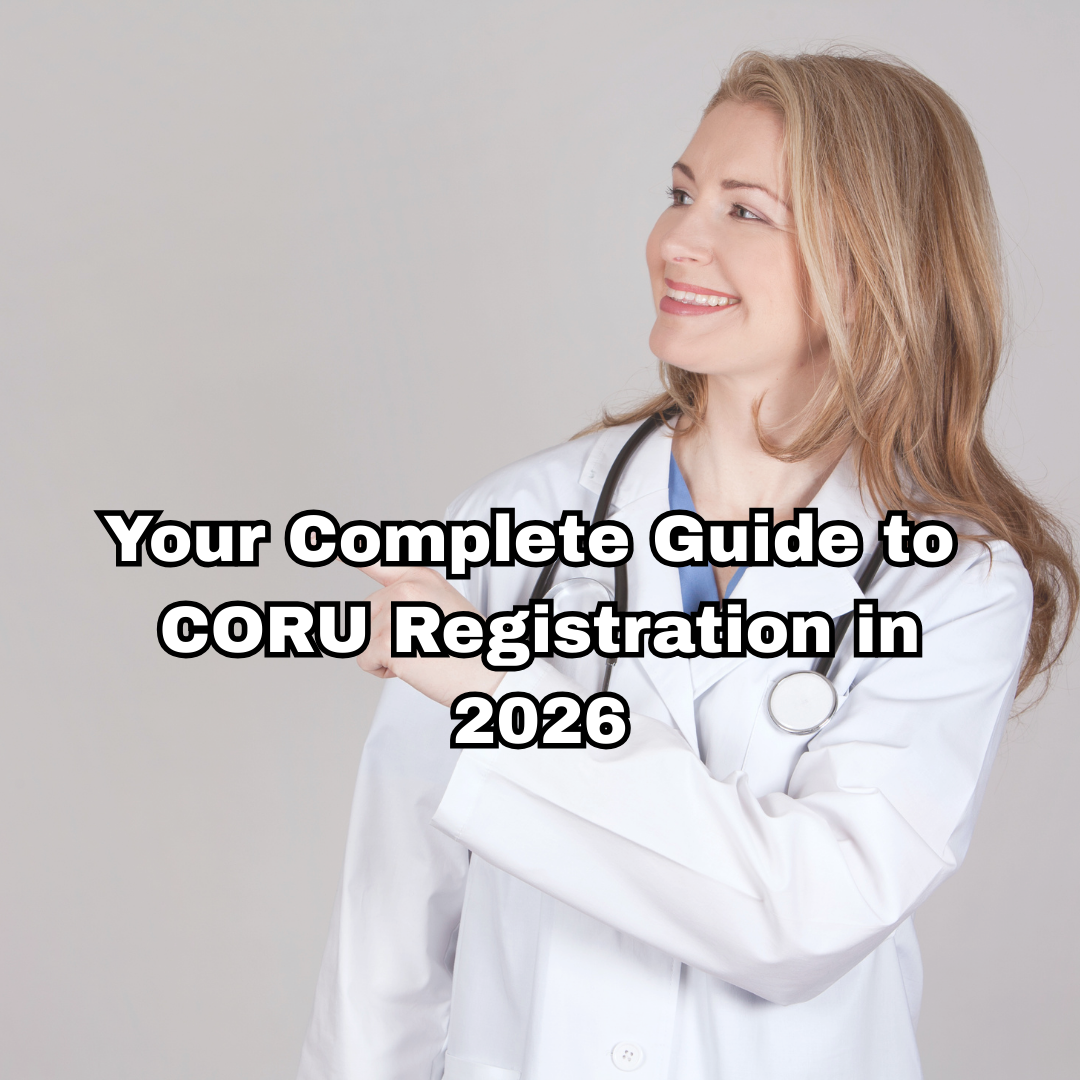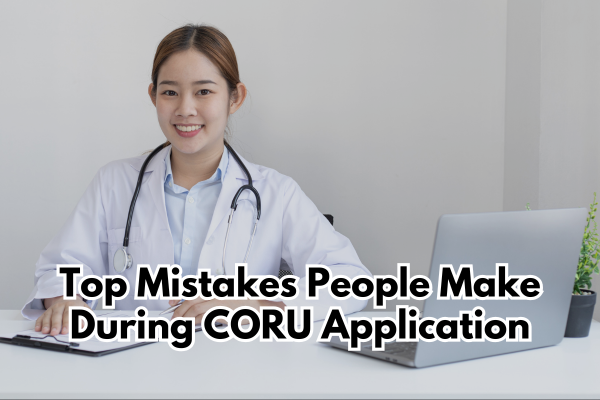Key Differences Between Statutory and Voluntary Registration in Healthcare
If you’re planning to work as a healthcare professional in the UK or Ireland, it’s important to understand the difference between statutory registration and voluntary registration. These two types of registration have different rules, responsibilities, and legal importance.
At Evenhanded Overseas Consultancy, we offer expert help through our HCPC registration assistance, CORU registration consultancy, and full overseas healthcare registration services—so you can meet the right standards and start your career with confidence.
What is Statutory Registration?
Statutory registration means the law requires you to be registered in order to work in certain healthcare roles. Without this registration, it is illegal to practice in these jobs.
Examples:
-
In the UK, HCPC registration is mandatory for roles like physiotherapists, radiographers, and paramedics.
-
In Ireland, CORU registration is required for professions such as social workers, speech and language therapists, and occupational therapists.
If your profession falls under statutory regulation, you must complete the full registration process before you can apply for healthcare jobs in the UK and Ireland.
What is Voluntary Registration?
Voluntary registration is not required by law, but it shows your professional commitment and may make you more attractive to employers.
Examples:
-
Some healthcare support roles or alternative therapy practitioners may not be regulated by law but can join a voluntary register.
-
Professional bodies in the UK and Ireland may offer voluntary membership for fields not yet covered under statutory regulation.
While voluntary registration doesn’t give you legal authority to work in protected roles, it still adds value to your CV and increases your credibility.
Key Differences at a Glance
| Feature | Statutory Registration | Voluntary Registration |
|---|---|---|
| Legally Required? | Yes | No |
| Required for Employment? | Yes, for protected roles | Not required, but recommended |
| Regulated by? | Government or official authority (e.g., HCPC, CORU) | Independent professional bodies |
| Enforcement | Practicing without it is illegal | No legal penalty for not registering |
| Common For | Physiotherapists, radiographers, etc. | Support workers, alternative therapies |
Why This Matters for Overseas Professionals
If you’re applying for a role like physiotherapist, medical lab scientist, or occupational therapist, statutory registration is a must. We help candidates with professional registration for physiotherapists and other regulated roles through:
-
HCPC registration assistance for the UK
-
CORU registration consultancy for Ireland
-
Full UK healthcare licensing support
For unregulated roles, we still recommend joining voluntary registers to improve your job chances.
How We Can Help
Evenhanded Overseas Consultancy provides:
-
Personalized advice on which type of registration applies to your profession
-
Help with application forms, document submission, and exams
-
End-to-end overseas healthcare registration services
We make sure you follow the correct process—whether it’s statutory or voluntary—and help you reach your career goals abroad.
Start Your Registration Journey Today
Knowing the difference between statutory and voluntary registration can save you time, money, and effort. Let our experts guide you toward the right registration path and help you find the best healthcare jobs in the UK and Ireland.
Contact us today for professional support and a free consultation!





